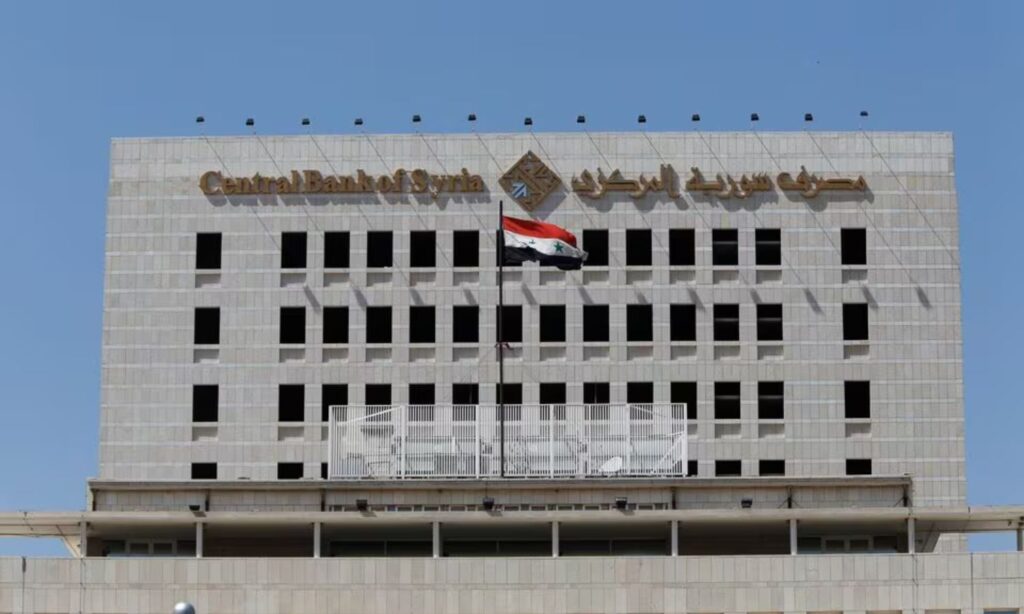The Central Bank of Syria (CBS) has issued a decision to set a balance limit for prepaid cards at two million Syrian pounds.
According to the decision released by the CBS, on Wednesday, February 14, individuals can purchase the prepaid card through one of the issuing bank’s branches or the Syrian Post Establishment, money transfer companies, card-selling centers presenting the service, and commercial markets (shopping malls), provided that a cooperation agreement is concluded with the issuing bank of the card.
The bank aims to provide this card as an alternative to cash payments, facilitating various financial transactions.
The decision identified two types of cards: “reloadable with restricted usage,” and “non-reloadable” such as traditional shopping cards, online cards, or gift cards, which expire once the balance is used.
Cardholders can activate their card through a sales center or through one of the electronic channels owned by the financial institution, like self-service devices, with the ability to reload the reusable prepaid cards from the same card sales centers or through the financial institution’s self-service devices, or via bank accounts.
For reloadable cards exclusively, cardholders can reclaim any remaining balance upon cancellation or expiry. The issuing financial institution can, at its discretion, set a minimum limit for transactions that require a password, based on the risk management guide associated with the usage field and the transaction limit, as per the decision.
The bank noted that the card is sold exclusively in cash, with a card reloading fee set at one thousand pounds per reload operation. The issuing bank must notify the customer with each card purchase or reload, which should include at least the transaction amount.
Prepaid cards cannot be used for cash withdrawals, and the issuing entity must obtain the approval of the Central Bank before issuing a prepaid card.
Electronic services declining
Announcements by the Syrian regime’s government regarding the development of its electronic services are frequent, but these services often fail to achieve their purpose fully for various reasons.
While the government of the regime justifies its move towards electronic financial transactions as a means to “facilitate citizens’ transactions,” Syrians object to such decisions, considering them to be obstructive to their dealings.
Financial and banking science expert, Dr. Firas Shaabo, in a previous discussion with Enab Baladi, stated that electronic transactions are important and fundamentally facilitate transactions, but they are impracticable in Syria in the absence of the essential qualifications for that.
In a 2022 United Nations survey of electronic governments, Syria ranked 156th globally out of 193 countries, while its ranking in 2020 was 131st worldwide, indicating a regression in the status of electronic services over the years in Syria.

